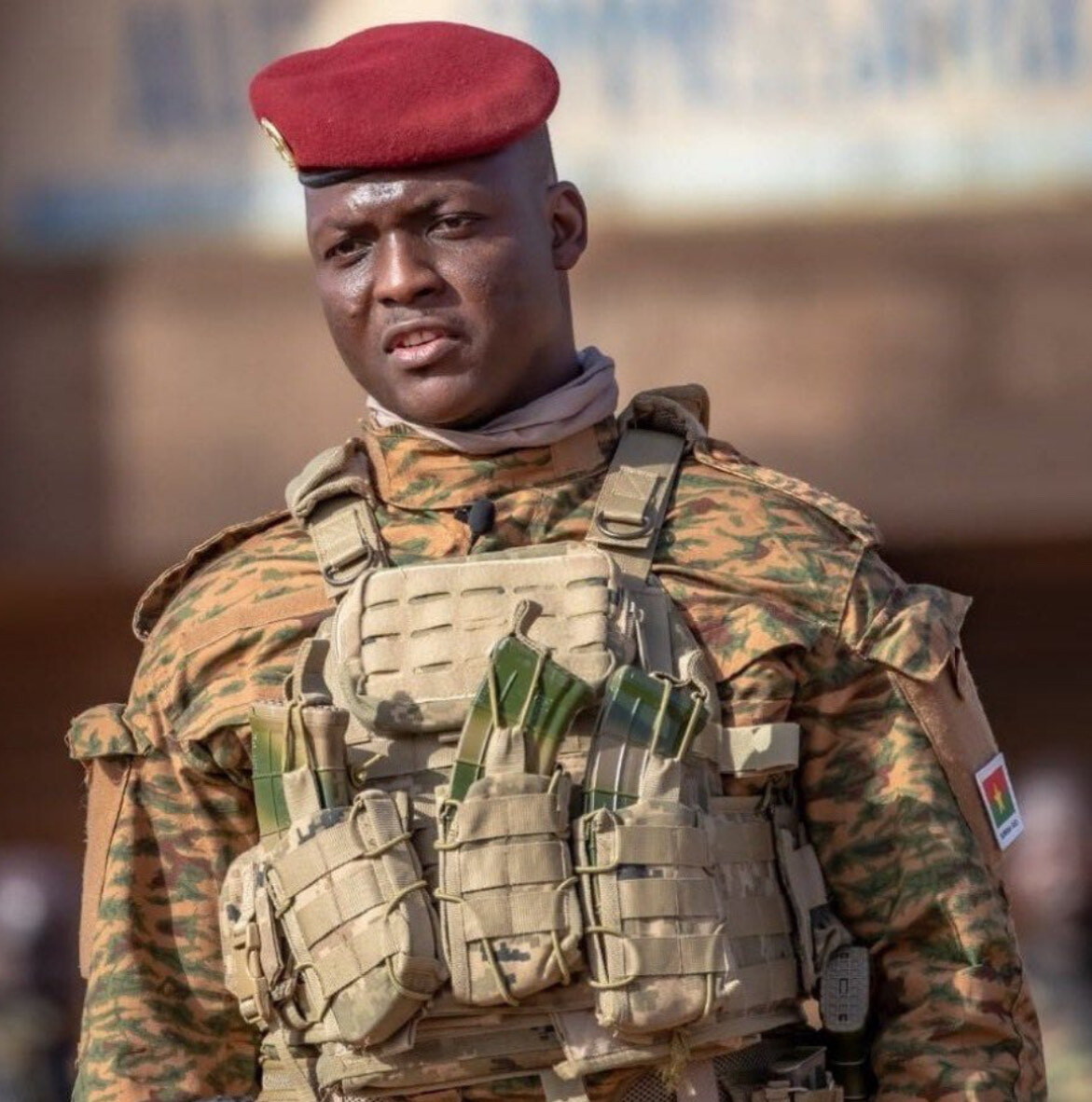

Dennis Boatwright, II
Political Activist
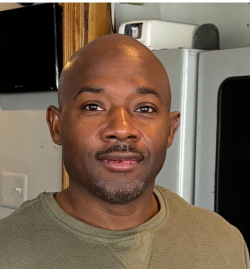
‘Feel good’ militarism or is Africa finally waking up in the Sahel region?
Written by Dennis S. Boatwright, II and Dr. Arthur Lewis
The late Guyanese scholar, Dr. Walter Rodney forewarns in his classical work, How Europe Underdeveloped Africa, that Africa’s development and progress will be hindered if corrupt African rulers remain in power. So far three African nations in the Sahel region agree with Rodney’s conclusion.
Hence, in the last three years widespread disenchantment in Mali, Burkina Faso, and Niger triggered an immediate demand to replace leaders they saw as running the countries in the interest of France and other Western nations.
For instance, in January 2022, Burkina Faso’s interim president Ibrahim Traore confidently noted his predecessor was forced out of power because of corruption, election fraud and instability created by Islamic jihadists whom the previous leader allowed to create havoc in the country. Additionally, the other two new leaders of Mali and Niger echoed Traore’s accusations on multiple occasions to press pools when asked why former Malian and Nigerien presidents Bah Ndaw and Mohammed Bazoum needed to be removed swiftly.
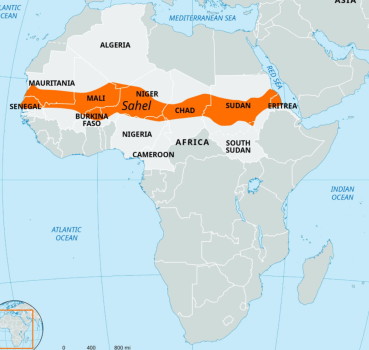
The latest trouble in the Sahel, a semi-arid biogeographical region in Africa, can be traced back over ten years ago after the assassination of Libyan president Muammar Gaddafi in 2011 by NATO and US-led forces during the height of the so-called Arab Spring. Back then Islamic militants receiving funds and intelligence from Western countries for their role in Gaddafi’s murder decided to expand their jihadists vision to sub-Saharan African states.1
Imbued with a fresh confidence and a sense of invincibility, these jihadists embroiled Mali, Burkina Faso, and Niger in a debilitating war that lasted over a decade.2
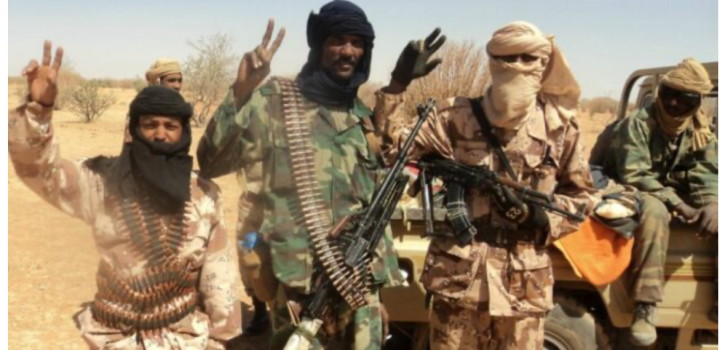
As a result of this intractable foe, countries in the Sahel became frontline states against hordes of fanatical Muslim militants bent upon total conquests. The threat posed by the extremists created a security dilemma that put the governments on the verge of collapse.
Consequently, Mali reluctantly allowed French and UN soldiers to enter the country. However, the current holders of power point out that despite annual UN spending of $1.2 billion on the purported peacekeeping mission, and the heavy presence of French soldiers, the insurgency continued with no signs of defeat.
This inconsistency led many world affairs analysts to confidently suspect that the real reason behind the French presence in the Sahel is not to defeat the insurgents but to protect French holdings.
However, the formidable threat posed by misguided militants is not the only crisis facing the three Sahel states.
In addition to insecurity problems in Niger, Gen Abdourahamane Tchiani cited government-sponsored corruption as another factor in his decision to topple the previous administration. Gen. Tchiani explained how Former President Mohamed Bazoum sold uranium to France mining companies for $0.80/kg when the market demanded $200/kg. In other words, the pro-western Bazoum sold uranium to France for just one-percent of the market price for a mineral that is considered vital to the national security of France and other Western nations.3 Without cheap uranium France cannot fuel its nuclear power plants that supply 62.8% of its electricity needs.
Likewise, Malian interim president Col. Assimi Goita came to power in May 2021. At the start of his administration he put an end to the wholesale theft of gold. On the contrary, ousted president Bah Ndaw did nothing to prevent Islamic extremists or foreign mining companies from looting Mali’s lucrative gold mines.
The Islamic jihadists, in particular, use revenue from stolen gold to pay for the war they are waging against the Malian government.4 At the same time, foreign mining companies bribe corrupt local artisans to smuggle unrefined gold nuggets out of the country.
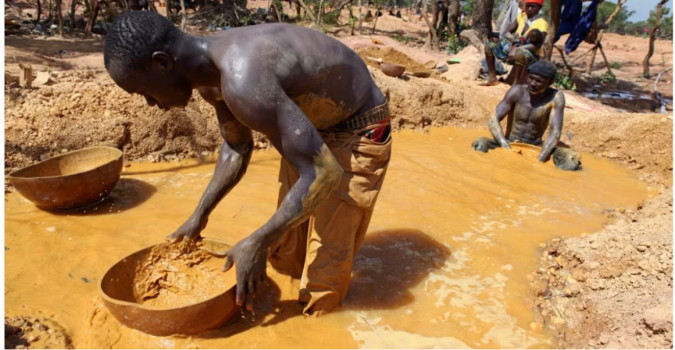
Mining analysts say every year thieves smuggle gold out of Mali for pennies on the dollar. This staggering quantity amounts to $860 million in lost revenue.4
The above examples are just the tip of the iceberg. The point here is that corrupt African rulers have been allowing their countries to be exploited by the West.
However, the recent replacement of these corrupt leaders gives Africans reasons to celebrate.
Case in point. Since Abdourahmane Tchiani became Niger’s head of state, the country has kicked out all French forces and gained possession of its uranium mines. Today, Niger sells its uranium for $200 per kilogram and can boast of having one of the fastest growing economies in the world.5
Likewise, when Colonel Assimi Goita took power in Mali, he immediately signed an agreement with Russia to have a gold refinery built in the capitol Bamako.6 This will allow Mali to directly sell its gold to world markets at much higher prices. Ironically, the African continent has the most gold deposits, yet South African has Africa’s only gold refinery.7 When construction is finished in Bamako, Mali will proudly have Africa’s second gold refinery. On the contrary, as Dr. Arthur Lewis reminds me, western-backed Ghana, for instance, has no gold refinery despite being a lifetime IMF/World Bank member recipient.
Since taking power on Sept. 30, 2022, interim president Capt. Ibrahim Traore has become the iconic symbol of Africa’s renaissance for good reasons. This 36 year-old stateman has put Burkina Faso’s economy, polity, and security on a path that is already benefitting all Burkinabes. Many political observers see Traore as a reincarnation of Thomas Sankara.
When Traore became head of state, only 21% of Burkinabes had access to electricity.8
His vision for rapidly industrializing Burkina Faso is quite remarkable. Within one-year Traore signed a deal that will have a nuclear power plant built in the country. Nuclear power capability will dramatically expand Burkina Faso’s electricity output. Traore says the nuclear facility will give 95% of urban areas access to electricity by 2030.8
In recognition of the encouraging changes happening in the Sahel, World Economics recently ranked Burkina Faso as one of the ten best governed countries in Africa.9 This good government record card is a surprise because most of the time countries ran by strongmen after military coups are ranked as the worst. The positive direction Burkina Faso finds itself on is strong testimony of the transformative leadership exhibited by Ibrahim Traore.
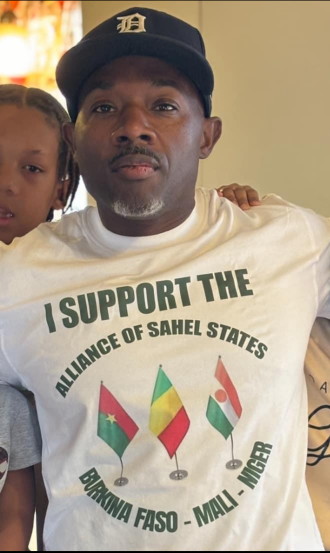
What distinguishes the three forcible transfers of power from all others in the pass is that over 80% of the population support the coups.10 In contrast, coup d’ états of the pass were frowned upon by the majority of African populations.
Since the Pan African leaders of Niger, Mali, and Burkina Faso stabilized their countries, they have converged their economies, polities and militaries to form the Alliance of Sahel States (AES). This multidimensional region bloc unites the three countries into a confederation that strengthens their geostrategic position and serves as a model and inspiration for the rest of Africa.
We expect others to join the AES confederation.
Our confidence on the expansion of AES increased last week (April 2024) when Chadian transitional president Idriss Deby sent a high level delegation to the three AES member states to formally announce his country’s desire to join the newly created subregional bloc.11 The delegation was greeted warmly by each head of state and returned optimistic about its bid to join the Alliance of Sahel States. With such infectious momentum in the air, many analysts predict Senegal’s newly elected president Bassirou Diomaye Faye will be the next to join based upon his appointment of staunch Pan Africanist Ousmane Sonko as his prime minister. Moreover, his Pan African public pronouncements are clear indications of the direction he is leaning towards.12 In one instance, during his first public speech after winning the election in March 2024, Faye informed Senegalese he will detach the country’s economy from the CFA, a currency created by France in 1945 to give it economic domination over its fourteen African colonies. Since the inauguration of the CFA, African colonies were required to deposit 50-100% of their currencies in French banks.
All facts presented above show that the transfers of power in the Sahel region are not ‘feel good’ militarism as writer Suzie Ndaundika Shefeni suggests in the latest issue of the Pan African Review. What we see are shining models of hope for the rest of the continent to follow. And we can only imagine how African heroes of the pass, including luminaries like Kwame Nkrumah, Marcus Garvey, Malcolm X, and yes, Robert Mugabe, are smiling down on an awakened continent that seem to have fallen asleep since the Berlin Conference in 1884-85.
Sources:
- https://www.cfr.org/global-conflict-tracker/conflict/violent-extremism@sahelhttps://www.aljazeera.com/news/2023/7/27/deteriorating-security-brief-history-of-sahel-coupists-favoured-reason
- https://www.atlanticcouncil.org/blogs/new-atlanticist/france-must-recognize-its-role-in-libyas-plight/
- https://www.samaa.tv/20873396-niger-france-uranium-african-country-increases-uranium-price-to-200-kg
- https://www.mining.com/web/africas-crackdown-on-informal-gold-miners-spreads-to-mali/#:~:text=“We can go from being the third-biggest producer,gold production that’s smuggled out of the country.
- https://www.samaa.tv/20873396-niger-france-uranium-african-country-increases-uranium-price-to-200-kg
- https://www.reuters.com/markets/commodities/mali-signs-agreement-with-russia-build-gold-refinery-2023-11-22/
- https://www.state.gov/africa-gold-advisory/
- https://www.bbc.com/news/world-africa-67098444
- https://www.youtube.com/watch?v=rWguWXuOSj4
- Ero, C. (2024). The Crisis of African Democracy. Foreign Affairs, 103(1), 122-123. https://www.foreignaffairs.com/africa/crisis-african-democracy
- https://youtu.be/bta-LXalW6c?si=GqdVoaOt41v26vt-
- https://www.youtube.com/watch?v=cqeWO2MkVrY
Posted: Wed, Apr 10
I wanted to add a quote from your book. Thanks for the kind remarks.
Posted: 4 days ago
You are absolutely correct.
Posted: 4 days ago
Excellent article, h****wever, it is important to tie what is happening on the continent to what is happening in the diaspora. Making these connections serves to preserve our struggle within the defined posturing of Pan-Afrikanism for which New Afrika must be recognized.
JALIL Posted: 2 weeks ago









